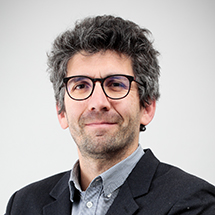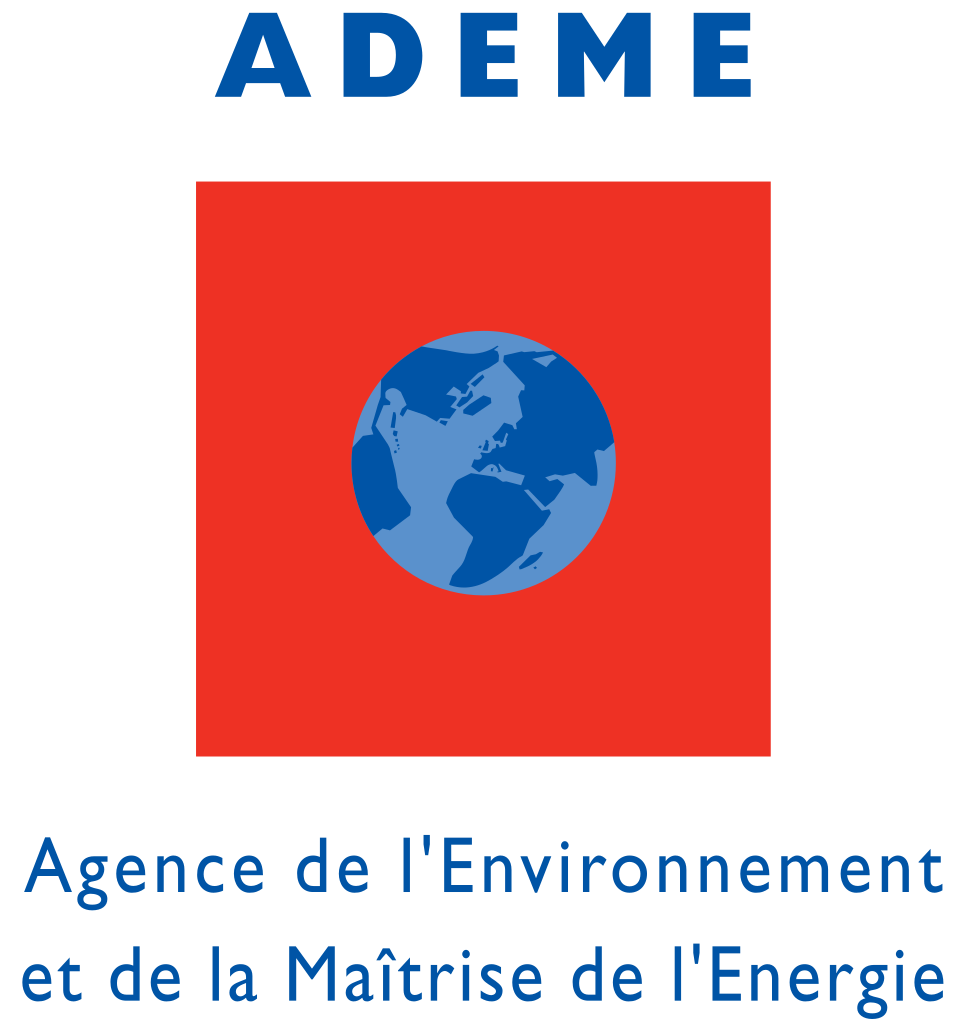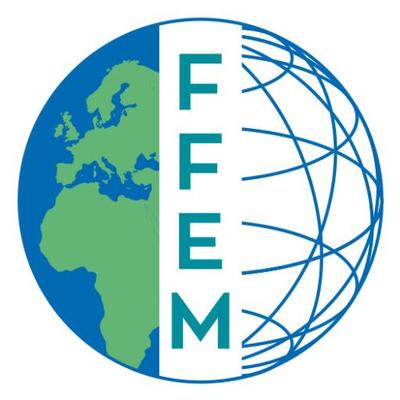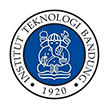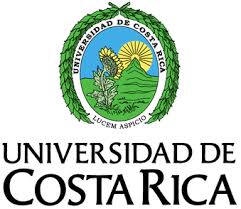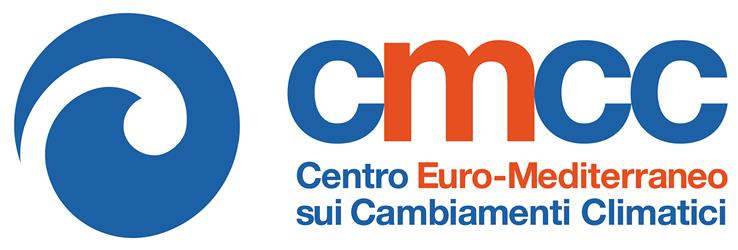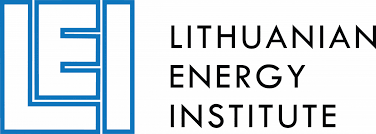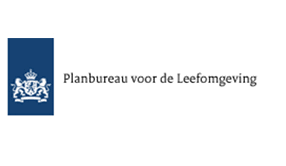About us
The Deep Decarbonization Pathways (DDP) project was launched in October 2013 as a joint collaboration between IDDRI and SDSN, under the leadership of Laurence Tubiana and Jeffrey Sachs. Its primary objective was to support a positive outcome at COP21, by demonstrating that country-driven deep decarbonization pathways to 2050 can be a relevant instrument to guide national ambition and actions. To do so, a group of domestic research teams from 16 countries – all large emitting G20 countries, both developed and emerging – was gathered to elaborate country-driven pathways consistent with the global goal of stabilizing global warming to 2°C. Up to the end of 2015, this group worked on defining the methodological foundations of the DDP in response to the intrinsic challenges posed by the approach itself (ie addressing a global problem as a composite of national analyses).
A landmark report which proposes detailed analyses of energy transition pathways for each of the 16 countries, as well as a cross-country analysis of challenges, opportunities and solutions for global decarbonization consistent with a temperature limit of 2°C anchored in the realities of countries, was drafted. Through the international and in-country dissemination of these findings, the DDP contributed to the Paris Agreement.
Following the signature of the Paris Agreement, the DDP evolved from being a single large project to becoming an initiative made up of a diversity of projects and activities, which share the same approach and methods but operationalize them in a more diversified manner. On the analytical side, the DDP has started to consider detailed sectoral analyses, including for transport, industry and non-energy sectors such as agriculture, forest and other land uses. While keeping a strong analytical and research component, the DDP has also progressively given more importance to the engagement in country policy processes. While continuing to work extensively in large emerging countries, the DDP has covered more and more developing countries, notably in Latin America and, since 2021, in Western Africa, leading to an increased focus on socio-economic and development dimensions. Finally, the DDP has started to develop approaches that can be relevant for companies and for the finance sector, namely public development banks.
DDP Network
We are a global network of in-country experts who share common scientific methods, helping governments identify realistic pathways to deep decarbonization.
We ground our national and international engagement on the principles of being country-driven, country-led, country-owned.
DDP initiative is conducting a number of projects covering different geographical areas and topics:
In-country DDP Teams with active projects past projects emerging partnerships
OUR MISSION
to take actions that achieve both development and climate objectives.
OUR VISION
We envision to be the go-to scientific network for decision-makers.
DDP Secretariat
The DDP initiative is led by IDDRI (Institute for Sustainable Development and International Relations), a leading think tank on international governance for sustainable development. IDDRI has been involved in the development of the DDP approach since 2014. The DDP is an example of the Institute’s approach, which promotes domestic and international debates that enrich each other. IDDRI ensures synergies between the DDP initiative and international debates on climate change, sustainable development and finance for development.
Operational team

Communications Strategist

Website and datavisualization
Partners
The DDP-BIICS project is part of the International Climate Initiative (IKI). The Federal Ministry for the Environment, Nature Conservation and Nuclear Safety (BMU) supports this initiative on the basis of a decision adopted by the German Bundestag
DDP In-country Research Partners
The DDP Initiative is based on a global collaboration of scientific research teams from leading research institutions of the world’s largest greenhouse gas emitting countries:
